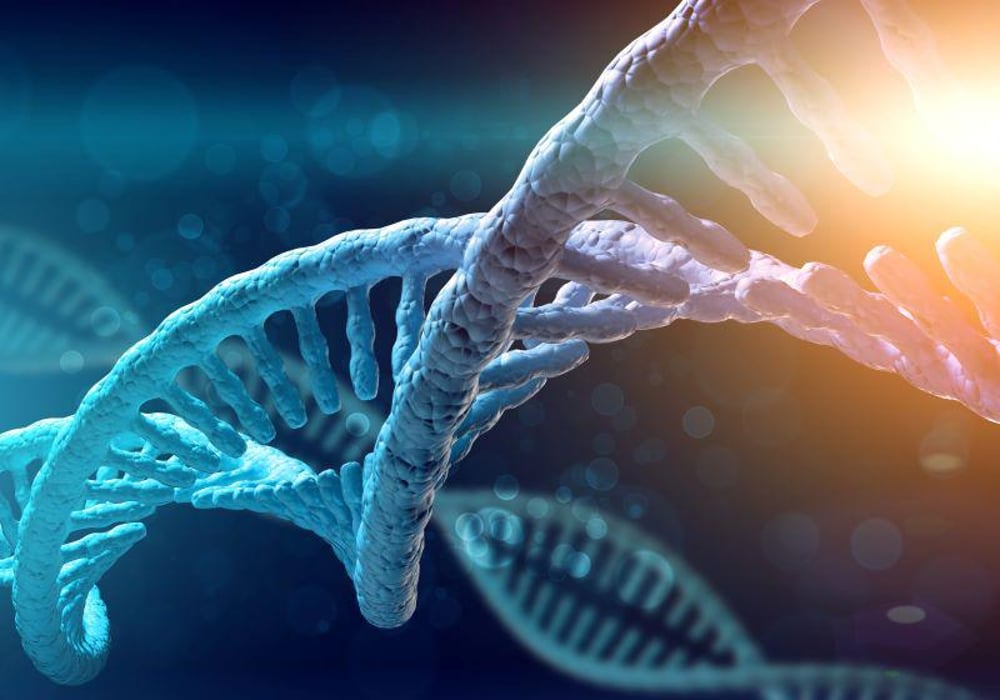Family History Influences Penetrance of Hereditary Cancers

MONDAY, Sept. 25, 2023 (HealthDay News) -- For individuals with a pathogenic variant in the major genes responsible for hereditary breast cancer or Lynch syndrome, having a first-degree family history is associated with increased cancer risk, according to a study published online Sept. 14 in eClinicalMedicine.
Leigh Jackson, Ph.D., from the University of Exeter College of Medicine and Health in the United Kingdom, and colleagues analyzed 454,712 U.K. Biobank participants to examine how penetrance of familial cancer syndromes varies with family history. Participants with a self-reported family history of breast or colorectal cancer and a pathogenic/likely pathogenic variant in the major genes responsible for hereditary breast cancer or Lynch syndrome were identified.
The researchers found that women with a pathogenic BRCA1 or BRCA2 variant had an increased breast cancer risk, which was higher for those with a first-degree family history versus those without (relative hazards, 10.3 and 7.8 versus 7.2 and 4.7). Those with versus without a family history also had higher penetrance to age 60 years (44.7 and 24.1 percent versus 22.8 and 17.9 percent). In Lynch syndrome, a similar pattern was observed, with an increased risk for colorectal cancer that was significantly higher in those with versus without a family history among individuals with a pathogenic MLH1, MSH2, or MSH6 variant (relative hazards, 35.6, 48.0, and 9.9 versus 13.0, 15.4, and 7.2). Carriers of a pathogenic MLH1 or MSH2 variant with family history had higher penetrance to age 60 years than those without a family history (30.9 and 38.3 percent versus 20.5 and 8.3 percent).
"Having an affected first-degree relative may increase the penetrance of pathogenic variants for breast and colorectal cancer in two hereditary cancer syndromes," the authors write.
Related Posts
More Than 12 Percent Develop De Novo Postpartum Hypertension
MONDAY, Nov. 21, 2022 (HealthDay News) -- In the year after delivery, more than...
Vinculan a unas tumbonas para recién nacidos retiradas con 2 muertes infantiles más
JUEVES, 8 de junio de 2023 (HealthDay News) -- Después de que hubiera dos...
AHA News: ¿El frío puede realmente enfermar?
VIERNES, 17 de diciembre de 2021 (American Heart Association News) -- ¡Abróchate...
Pfizer to Ship Smaller Packages of COVID-19 Vaccine to Cut Waste, Boost Uptake
FRIDAY, Sept. 3, 2021 (HealthDay News) -- Smaller packages of the Pfizer...
